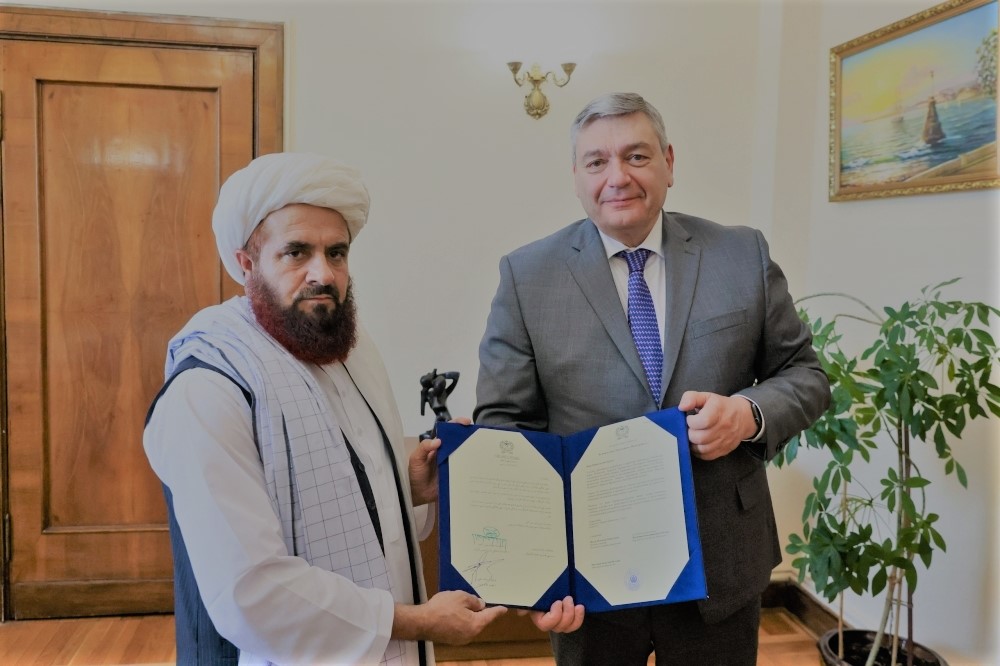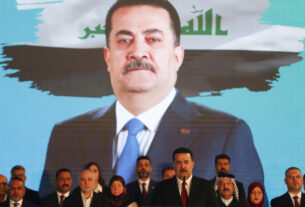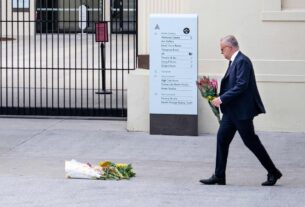KABUL, July 4 – In a move both praised and condemned, Russia has become the first country to officially recognize the Taliban-led government of Afghanistan. For the ruling Taliban, the announcement marked a significant diplomatic breakthrough. For many Afghans—especially women and human rights advocates—it felt like a painful setback.
The official recognition was announced following a meeting between Afghanistan’s acting Foreign Minister Amir Khan Muttaqi and Russian Ambassador Dmitry Zhirnov in Kabul. In a video shared on social media, Muttaqi called the move a “brave decision” and hailed it as the beginning of “a new phase of positive relations, mutual respect, and constructive engagement.”
“We are hopeful,” he said, “that others will now follow Russia’s example.”
A New Chapter or a Dangerous Precedent?
For the Taliban, this recognition is more than symbolic. It is a long-sought validation of their authority since they returned to power in 2021, following the chaotic withdrawal of US-led forces. Since then, they have struggled to gain formal legitimacy on the world stage, even as they try to rebuild a war-torn nation grappling with economic collapse and deep social fractures.
Russia, for its part, sees opportunity. In a statement on Telegram, Moscow’s foreign ministry emphasized that official ties would open doors for economic cooperation in areas such as energy, transportation, agriculture, and infrastructure. It also pledged to support regional security and combat terrorism and drug trafficking.
Russia’s President Vladimir Putin previously referred to the Taliban as “allies in the fight against terrorism” and has gradually normalized relations by accepting a Taliban-appointed ambassador and removing the group from its list of “terrorist organizations.”
Women Raise Alarm
But for many Afghan women, this recognition feels like abandonment.
“This legitimizes a regime that bans girls from schools, enforces public floggings, and protects UN-sanctioned terrorists,” said Mariam Solaimankhil, a former Afghan lawmaker. “It sends a message that strategic interests come before human rights.”
Fawzia Koofi, another prominent Afghan politician and women’s rights advocate, warned that such moves do not foster peace, but instead risk normalizing injustice and deepening global insecurity.
Despite hosting Taliban diplomats, countries like China, Pakistan, and others have stopped short of formal recognition—often citing human rights concerns. Many Western nations have drawn clear red lines around the Taliban’s treatment of women and minority groups.
History Repeats with a New Twist
During the Taliban’s first rule from 1996 to 2001, only Saudi Arabia, Pakistan, and the United Arab Emirates officially recognized their regime. This time around, even as the Taliban pushes for international legitimacy, the world remains deeply divided on how—or whether—to engage with them.
As the dust settles on Russia’s bold move, one thing is clear: the recognition has opened a new chapter in Afghanistan’s diplomatic story. But whether it brings hope or heartbreak depends entirely on where you stand—and what future you envision for a country still caught between its past and its potential.





